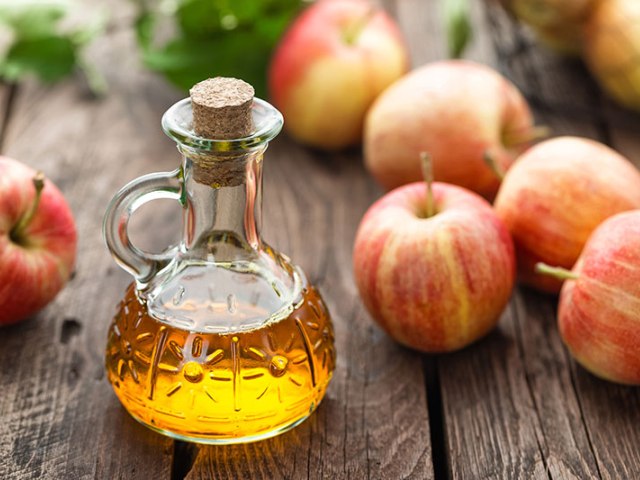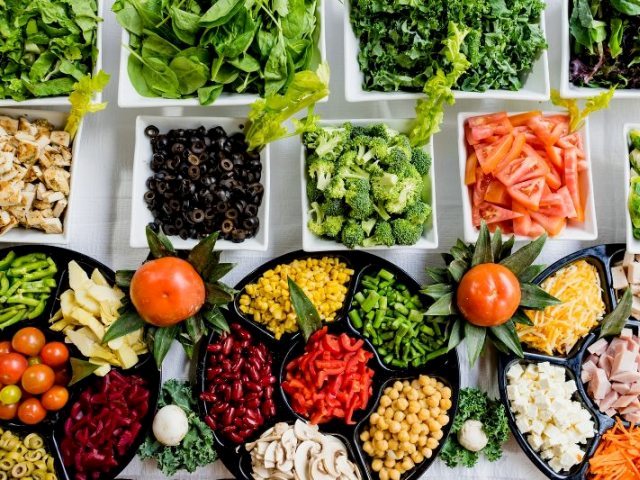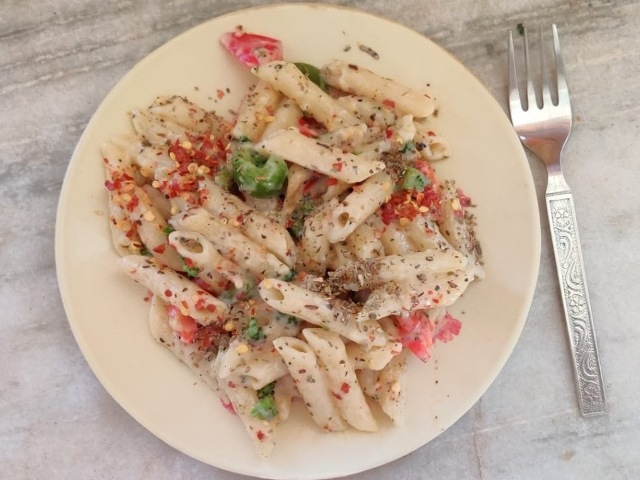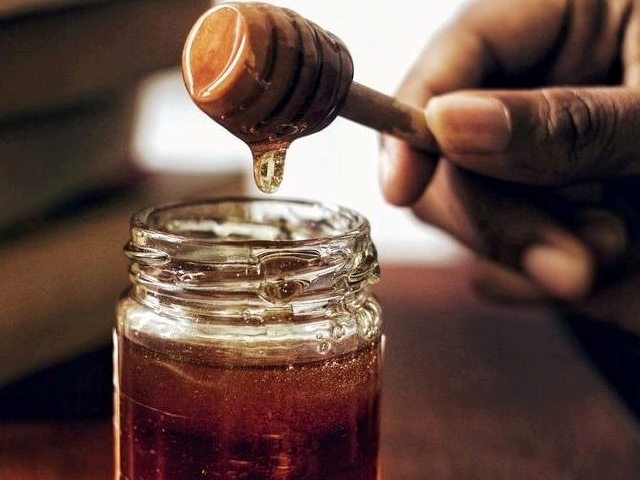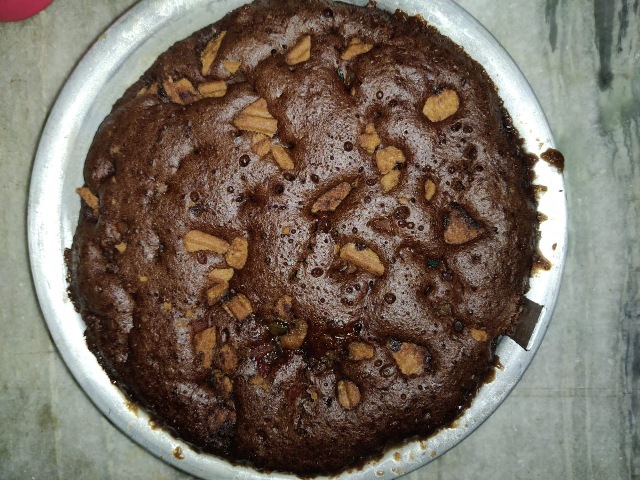How citrus fruits could help with housework
What makes lemon juice, orange oil and other exotic citrus extracts such an efficient and eco-friendly detergent, is their amazing properties in regards to removing saturated stains,; cleaning congealed grease of metal surfaces; remove rust and mildew build-up; disinfects and deodorizes without causing damage to the environment. Nowadays more and more people prefer using alternative detergents in contrast to the dangerous, non bio-degradable, life endangering commercial health hazard detergents that were so popular in the past.
Lemon juice has been employed in the cleaning industry for as long as 100 years; making it the most universal cleaning detergent, alongside white vinegar and baking soda. Almost every major brand of detergents has a ‘lemon’ scented stain remover or flour cleaner, and even though those kinds of detergents have little to do with actual lemons, their favor among the people has remained to this day – unwavering.
The uses of lemon and orange extracts are numerous in number, and their implementation in the cleaning process is only a matter of imagination. Lemon juice can be used on practically anything, including removing molds and fungi. The strong citric acid that is contained inside citrus fruits is the perfect tool for destroying malicious bacteria, viral bodies, spores, larvae etc. In fact, it is among the most powerful readily available acids that you can find, and it’s place in cleaning the household is well deserved indeed. Of course if you prefer, you can mix some orange oil extract in with the lemon juice – this will give you an ever more tropical smell and delightful gloss.
 But beyond their culinary use, lemon juice can be applied to remove rust off hard surfaces. Slice a lemon in half and dip the end in slat. With your hand, rub the lemon half on the trouble area and let it sit for a day or so. Remove the rust with a hard metal brush or repeat until the rust had succumb to the acid in the lemon. For rust stains on clothes, simply squeeze some lemon juice, wait for 5 minutes and rinse out with water. Of course you can substitute lemon juice for white vinegar, but you just wont get that special lemon flavor that make lemons such a irreplaceable cleaning agent.
But beyond their culinary use, lemon juice can be applied to remove rust off hard surfaces. Slice a lemon in half and dip the end in slat. With your hand, rub the lemon half on the trouble area and let it sit for a day or so. Remove the rust with a hard metal brush or repeat until the rust had succumb to the acid in the lemon. For rust stains on clothes, simply squeeze some lemon juice, wait for 5 minutes and rinse out with water. Of course you can substitute lemon juice for white vinegar, but you just wont get that special lemon flavor that make lemons such a irreplaceable cleaning agent.
Lemon juice is also perfect for cleaning limescale build-up from stainless steal cookware. Just boil some lemon halves in the pan or pot in question until nice and clean. Lemon juice is also used for cleaning grills and various hot plates. Turn on your grill and wait until the grease residue becomes loose and creamy. Turn off the grill. Spray some lemon juice diluted in water, about 50/50 (any spray bottle works fine), directly onto the hot metal surface. Wait until the lemon juice is nice and boiling, and the clean grease with a metal brush.
Another fantastic use for lemon juice is buffing chrome elements, such as faucets, pipes, car details etc. In the kitchen, diluted lemon juice is used for cleaning cutting boards. Not only do the lemon juice remove any touch residue, but it also disinfects even after cutting poultry or any kind of raw fish. Same goes for all surfaces where food has been stored. Cleaning the refrigerator with a paper towel soaked in lemon juice will both disinfect your fridge but it would also remove any funky odors.
